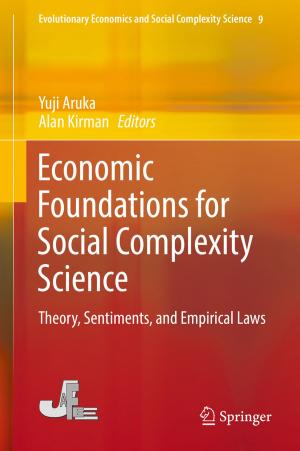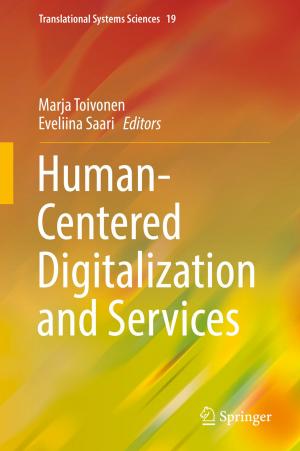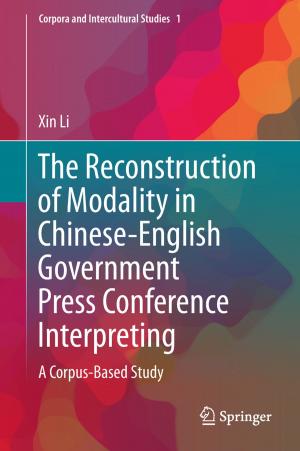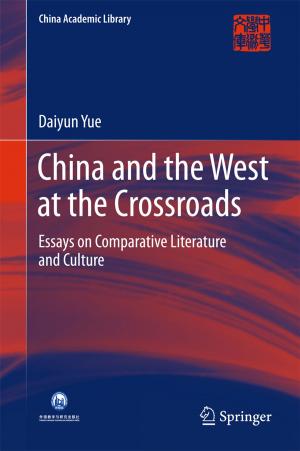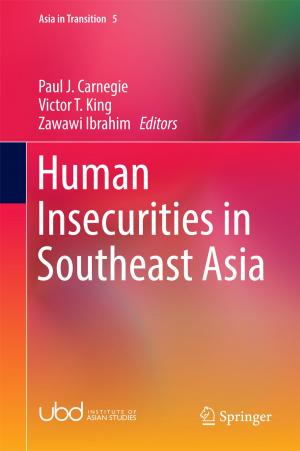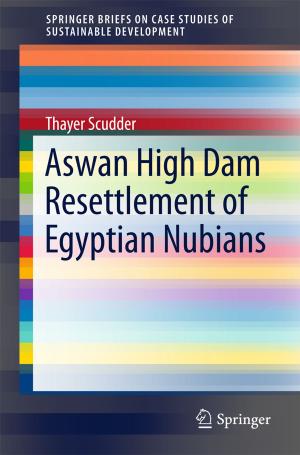Mainstreaming Climate Co-Benefits in Indian Cities
Post-Habitat III Innovations and Reforms
Nonfiction, Social & Cultural Studies, Social Science, Human Geography, Sociology, Urban, Science & Nature, Science| Author: | ISBN: | 9789811058165 | |
| Publisher: | Springer Singapore | Publication: | February 6, 2018 |
| Imprint: | Springer | Language: | English |
| Author: | |
| ISBN: | 9789811058165 |
| Publisher: | Springer Singapore |
| Publication: | February 6, 2018 |
| Imprint: | Springer |
| Language: | English |
This volume presents a novel framework to understand urban climate co-benefits in India, that is, tackling climate change and achieving sustainable development goals in cities. It utilizes methods and tools from several assessment frameworks to scientifically evaluate sector co-benefits for informed decision making. The co-benefits approach can lead to significant improvements in the way societies use environmental resources and distribute their outputs. The volume discusses four main themes: (1) Concepts and theories on cities and climate co-benefits; (2) Contextualizing co-benefit issues across spatial scales and sectors; (3) Sectoral analyses of co-benefits in energy, transport, buildings, waste, and biodiversity, and (4) Innovations and reforms needed to promote co-benefits in cities. The discussions are based on empirical research conducted in Indian cities and aligned with the international discourse on the 2030 UN Development Agenda and New Urban Agenda created at the UN-Habitat III in 2016. The analyses and recommendations in this volume are of considerable interest to policy experts, scholars and researchers of urban and regional studies, geography, public policy, international development/law, economics, development planning, environmental planning, climate change, energy studies, and so on.
This volume presents a novel framework to understand urban climate co-benefits in India, that is, tackling climate change and achieving sustainable development goals in cities. It utilizes methods and tools from several assessment frameworks to scientifically evaluate sector co-benefits for informed decision making. The co-benefits approach can lead to significant improvements in the way societies use environmental resources and distribute their outputs. The volume discusses four main themes: (1) Concepts and theories on cities and climate co-benefits; (2) Contextualizing co-benefit issues across spatial scales and sectors; (3) Sectoral analyses of co-benefits in energy, transport, buildings, waste, and biodiversity, and (4) Innovations and reforms needed to promote co-benefits in cities. The discussions are based on empirical research conducted in Indian cities and aligned with the international discourse on the 2030 UN Development Agenda and New Urban Agenda created at the UN-Habitat III in 2016. The analyses and recommendations in this volume are of considerable interest to policy experts, scholars and researchers of urban and regional studies, geography, public policy, international development/law, economics, development planning, environmental planning, climate change, energy studies, and so on.

